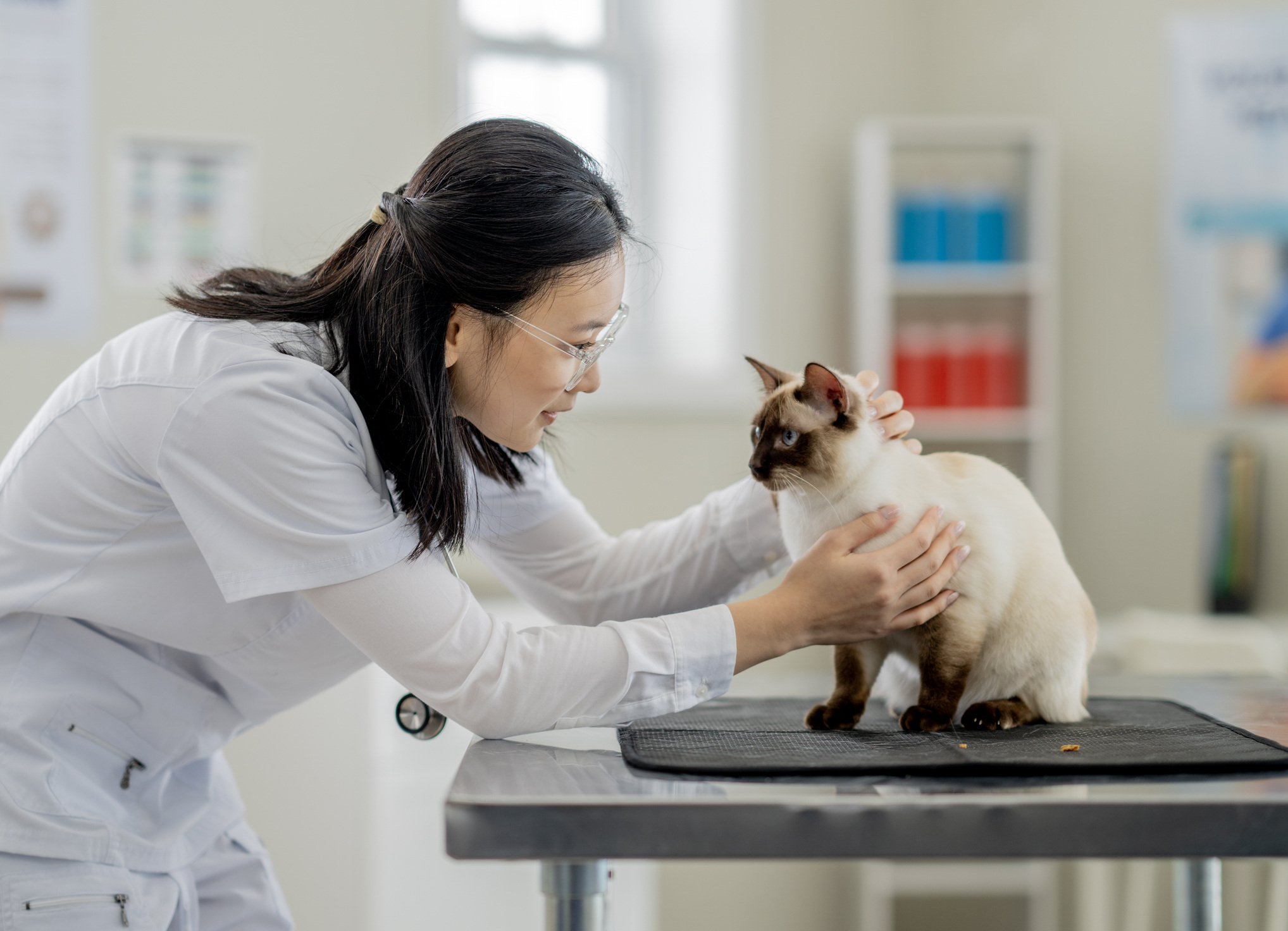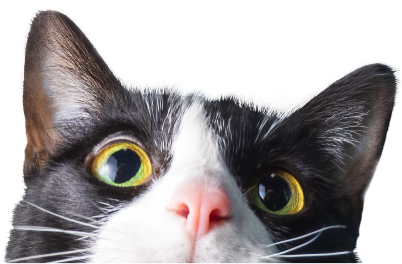Veterinarians lead the veterinary medical team, using their extensive education and skills to manage patient care, delegate tasks, and attend to clients. General practice (GP) veterinarians may own a hospital or work as employees in locally or corporately owned practices, leading to considerable variation in roles. Veterinary practice owners spend much of their time managing the business while veterinary associates focus on clients and patients.
The Provet Cloud team knows that whatever their specific role, life as a GP veterinarian is simultaneously varied, fast-paced, rewarding, and challenging. Here, we take a closer look at the GP veterinarian’s position.
General practice veterinarian roles and responsibilities
In a well-staffed practice, GP veterinarians focus primarily on patient and client care. They delegate many tasks to veterinary technicians and assistants so they can spend their time evaluating patients, diagnosing illnesses, prescribing treatments, and performing surgery. Veterinarians also act as leaders on the floor, overseeing the actions of those working under them. Common responsibilities of a GP vet include:
- Conducting patient exams
- Administering vaccines
- Ordering tests
- Diagnosing illnesses and injuries
- Prescribing medications and approving refills
- Performing surgeries and procedures
- Explaining diagnoses and treatment options to clients
- Providing prognoses for illnesses
- Managing medical records
- Collaborating with the veterinary team
- Overseeing technical staff
- Consulting with specialists
- Attending continuing education
A typical day in general practice
No two days are the same for a general practice veterinarian, but a typical day might include:
- Morning prep — Depending on the hospital’s services, GP veterinarians might round on cases, check on hospitalized patients, meet with surgical admissions, huddle with the team, or simply have a quiet moment to review their daily schedule.
- Appointments — Morning appointments may include telemedicine calls, wellness visits, sick patients, drop-offs, end-of-life appointments, and emergencies. In between, veterinarians must manage the complex emotions surrounding their patients and the many varied cases they see each day.
- Surgeries — Spays, neuters, mass removals, and oral surgery (i.e. dentistry) are common in general practice. Some GP veterinarians also perform more advanced procedures.
- Charting — Veterinarians must detail every finding, communication, test, and procedure in the pet’s medical record.
- Follow-ups — Between appointments, veterinarians often answer questions, contact clients, and check on ongoing cases. Primary care veterinarians form close relationships with their clients and patients, particularly when the pet has a chronic health issue.
- Collaboration — Veterinarians rely on fellow team members and technical staff to manage the daily workflow. They may also work closely with local specialists if they need help with complex cases.
- Wrapping up — Many veterinarians spend the end of their shift tying up loose ends, including charts, phone calls, and other unfinished tasks. They may also prepare for the next day’s appointments so they’re ready to tackle whatever comes next.
General practice veterinarian growth and development
General practice is ideal for veterinarians who are always looking to tackle their next challenge or set new goals. They see a little bit of everything each day and can pursue additional training in areas that interest them.
Many courses and conferences allow GP veterinarians to advance their knowledge in specific areas such as dentistry, orthopedic surgery, behavior medicine, or low-stress handling. Membership in professional organizations is also critical to career development.
While some GP veterinarians hone advanced skills, others transition into leadership roles within the practice or open their own clinics. Still others may ultimately step out of clinical practice and use their broad expertise in research, industry, professional speaking, mentorship, or education. The veterinary field offers many flexible opportunities for general practice veterinarians beyond clinical work.
Supporting the general practice veterinarian
General practice veterinarians are at risk for burnout and serious mental distress because of their inherently stressful roles, high debt loads, and other factors. Although things are improving, you can provide GP vets with the proper support to help them thrive. Simple ways to empower your GPs include:
- Prioritizing work-life balance — Veterinarians often juggle work and family responsibilities and find it challenging to balance the two. Help them achieve that balance by offering flexible scheduling, encouraging vacation days, and providing adequate staff.
- Encouraging development — Whenever possible, find ways for your GP veterinarians to do more of what they love and less of what they don’t. Provide ample time and financial support for continuing education.
- Recognizing contributions — GP veterinarians work long hours and juggle many patients daily. Acknowledge their dedication with fair compensation and appropriate recognition for the things they do well. Re-evaluate production-based pay structures and benefits packages to ensure they reflect your GP veterinarians’ efforts.
Key takeaways
- General practice veterinarians manage diverse responsibilities, including patient care and team leadership.
- Career paths for GP veterinarians are flexible and offer opportunities to learn advanced skills, lead teams, own a practice, or work outside of clinical practice.
- Supporting general practice veterinarians with tools, resources, and recognition helps them thrive and ensures the success of your practice.
Better quality of life with cloud-based software
Modern, cloud-based practice management software can significantly improve veterinarians' daily lives. Without clunky server systems slowing them down, GP veterinarians can focus on getting pets the care they need and finish their charts in record time.
Schedule a demo to see how Provet Cloud can streamline operations, eliminate tedium, and reduce stress for your general practice veterinarians and the entire hospital team.


